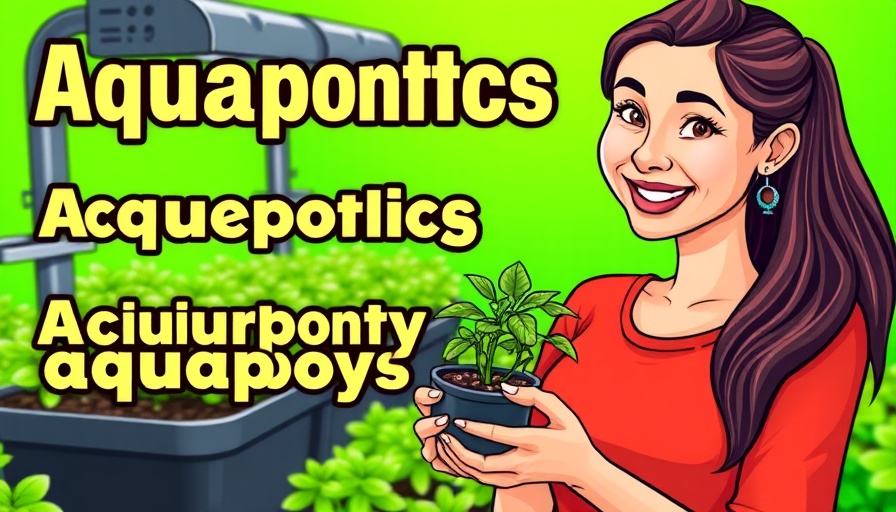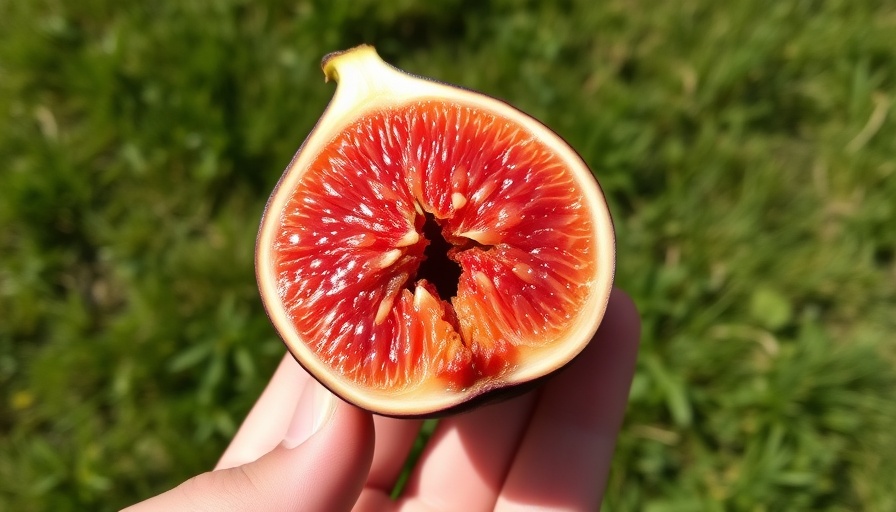
Why Hydroponic Gardening is a Game Changer for Families
Hydroponic gardening is not just a trend—it's a revolutionary way of growing plants that resonates perfectly with today’s families looking for sustainable options to bring fresh produce right into their homes. By utilizing nutrient-rich water instead of soil, hydroponic systems ensure that plants grow faster and yield more, which can be a significant advantage for families wanting to eat healthier and teach children about sustainable practices.
In Hydroponic Gardening 101: Grow Plants Without Soil, we explored the fascinating world of hydroponics. This technique holds great promise for families ready to embark on a journey of sustainability and self-sufficiency.
Embrace the Future: Types of Hydroponic Systems
For families interested in starting a hydroponic garden, understanding the variety of systems available is pivotal. The Nutrient Film Technique (NFT), Deep Water Culture (DWC), and Aeroponics are popular choices suited for different levels of gardening experience. For beginners, the DWC system is particularly friendly, requiring minimal setup and maintenance while allowing families to easily grow everything from lettuce to tomatoes. This accessibility makes it a perfect project for kids and parents alike!
Building Your Hydroponic Garden: A Simple Step-by-Step Guide
Getting started with your own hydroponic system can feel daunting, but it’s simpler than you might think. First, choose your hydroponic system based on the space you have and the plants you want to grow. Next, prepare your nutrient solution—available from various suppliers or homemade. Growing media like clay pellets or rock wool help stabilize your plants while allowing them to absorb nutrients directly from the water solution. Most importantly, ensure your hydroponic garden has the right grow lights, particularly if you’re gardening indoors. Regular monitoring and maintenance will keep your plants thriving!
The Eco-Friendly Benefits of Hydroponic Gardening
One of the most commendable aspects of hydroponic gardening is its water efficiency. Traditional gardening often involves a lot of wasted water, but hydroponics recycles water within the system, making every drop count. This is vital for families residing in areas facing water scarcity. Moreover, hydroponic systems avoid soil-borne pests and weeds, reducing the need for harmful chemicals and pesticides—keeping your family’s food safe.
Year-Round Freshness: Why It Matters
Imagine having fresh herbs or vegetables at your disposal regardless of the season. With hydroponic gardening, families can nurture plants in indoor environments that control temperature, light, and humidity. This is especially beneficial during winter months or in regions with harsher climates. Such a setup ensures consistent access to nutritious produce, fostering healthier meal options and encouraging cooking as a family activity.
In Hydroponic Gardening 101: Grow Plants Without Soil, we explored the fascinating world of hydroponics. This technique holds great promise for families ready to embark on a journey of sustainability and self-sufficiency.
Are you ready to take a step towards greener living with hydroponic gardening? Experiment with your own setup and discover the wonders of growing plants without soil. As you cultivate your garden, consider how you can also transform kitchen scraps into thriving plants—a perfect way to embrace sustainable living while having fun with the family!
 Add Row
Add Row  Add
Add 




Write A Comment